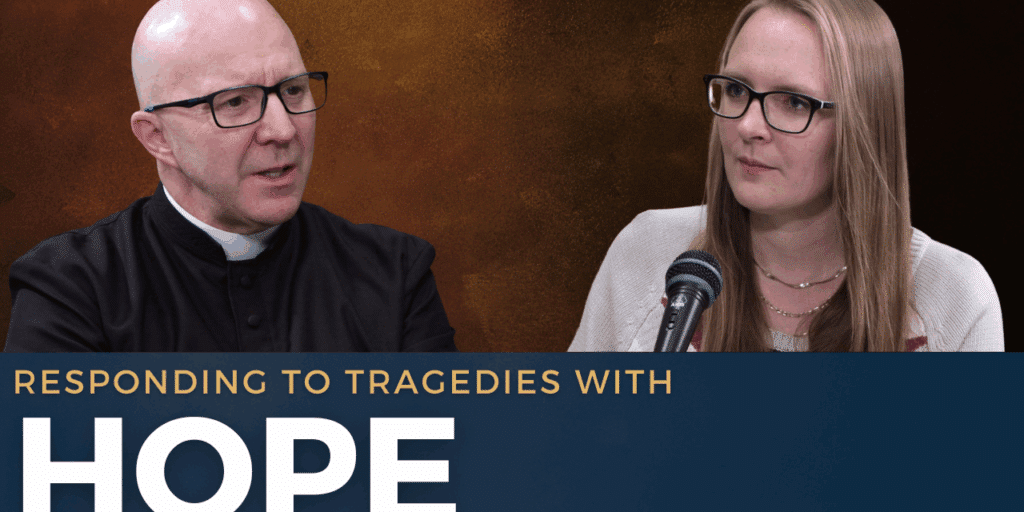Slovenian Government Wants Referendum on Euthanasia
The Slovenian government recently defeated a bill that would have legalized euthanasia. This bill had been proposed by an organization called Silver Thread, which collected signatures and demanded “dignity” for the dying. Though the defeat of the bill is a victory for pro-lifers, the government intends to hold a referendum on the subject of euthanasia to give the public a chance to choose whether they want legalized euthanasia. A recent Slovenian Public Opinion poll showed that 63.5% of over 1,000 respondents said that euthanasia was “acceptable,” while only 17.4% said it was unacceptable. These statistics are startling. If the referendum were held today, would euthanasia be legalized?
Despite the discouraging poll results, the Slovenian National Medical Ethics Committee (SNMEC) does not accept euthanasia, saying that “…euthanasia changes the cultural and civilisational tradition of our society and interferes with the relationship between physicians and patients, between the health sector and society.”
Because the Slovenian population is aging, there is a fear that legalized euthanasia would lead to more and more Slovenians feeling obligated to opt for euthanasia or assisted suicide so as not to be a “burden” on the system, or that doctors would perform non-voluntary euthanasia. In the Netherlands, we have seen how doctors can abuse their power and legalization to perform euthanasia on patients who did not consent. In 2017, a doctor put sleeping drugs in a patient’s coffee – a patient who had previously expressed interest in euthanasia, but only when she herself felt the time was “right.” In the days leading up to the incident, she had not indicated that she wanted euthanasia at that time. Once the patient was asleep, the doctor began to administer the lethal injection. The woman awoke and fought with the doctor, but the doctor made the patient’s family members help hold her down to complete the “procedure.” Later, the doctor was taken to court but acquitted, setting the precedent that such an abysmal abuse of Dutch law was acceptable, and that the doctor had done nothing wrong.
The chairman of the SNMEC explains that the elderly are already put in difficult situations. They are put in retirement homes against their will (which speaks volumes on the quality of Slovenian family values). What’s to stop the workers, who have no ties with their patients, from abusing the legalization of euthanasia, just as had been done in the Netherlands? Legislation will not protect against such abuses; Dutch law requires patient consent, and yet the Dutch doctor who had killed her patient was acquitted.
Slovenians of all ages would benefit by heeding the urge of the SNMEC: “The [SNMEC] urges Slovenian politicians and the health-care sector to respect legislation defining relationships between physicians, the health-care sector and society, to improve palliative care and to adopt the urgently needed act on long-term care” (emphasis added). Let us strive to change our cultures to foster a culture of life, one that values life from conception until natural death, one that celebrates its elders and that cares for them in their final days. Let us pray that Slovenians will rise to the occasion to show love and true compassion to their aging parents, grandparents, and friends, and that euthanasia will become unthinkable in the midst of true health care.
Human Life International
Marisa Cantu has a master's in political science and international affairs and a bachelor's in political science and has also studied international studies and French. She has a strong background in nonprofit work, research, writing, and policy proposal and analysis. She has written multiple articles on living the Catholic faith in everyday life, Catholic family life, devotions and prayers, and Catholic teachings.







New Research Links Abortion Causing Psychiatric Harm To Women